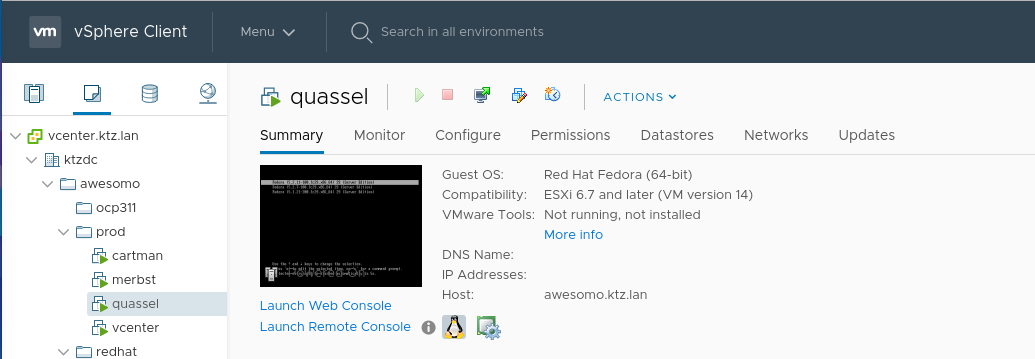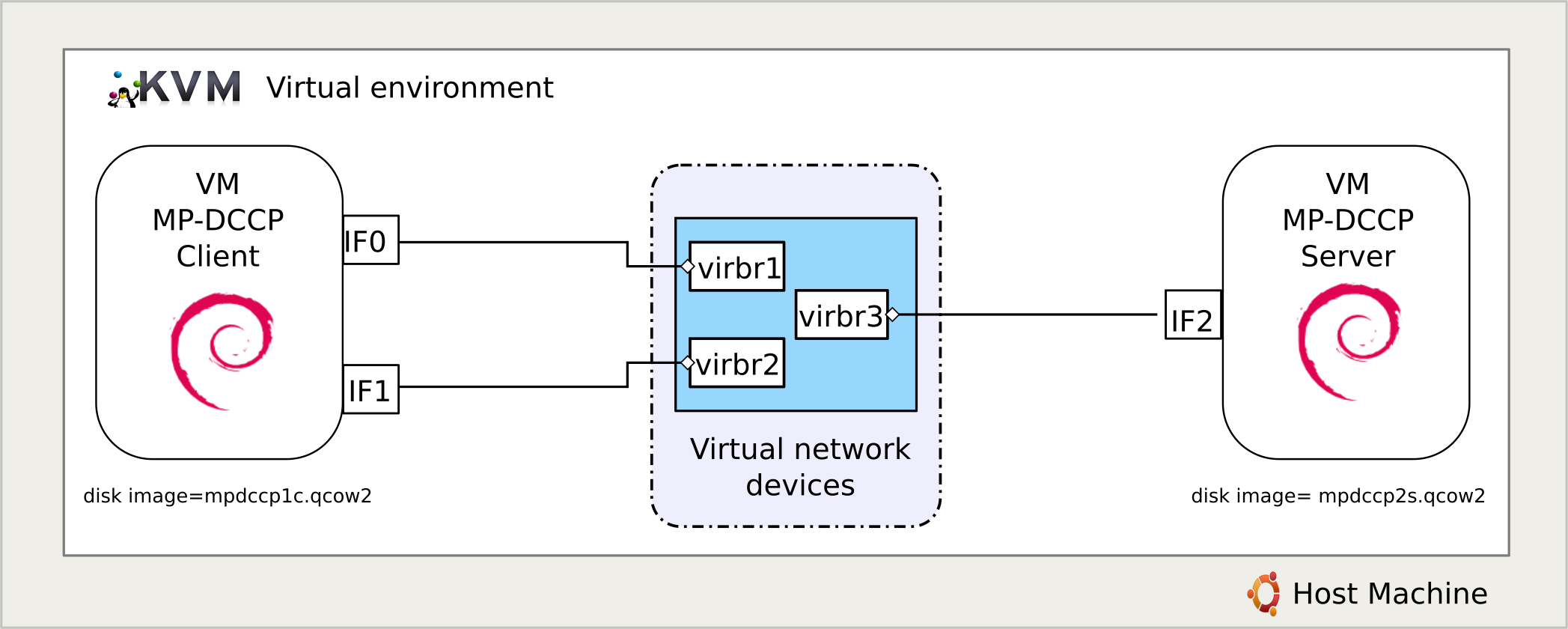

cdrom: Specifies the iso file that will show up as a cdrom in the Qemu machine. (note that this is the image we created earlier) drive: Specifies the image that will be used when running the machine. enable-kvm: Enables the use of kvm by qemu, a kernel API for boosting Qemu performance. cpu host: The qemu will use the cpu host to run qemu commands. m 4G : The machine will have 4GB of memory. Qemu-system-x86_64: Refers to the Qemu binary, feel free to use your own compiled binary. Save the file and make it executable using the command “chmod”. Open it using your favorite editor and insert the following: #!/bin/bash
QEMU IMG CREATE QCOW2 WINDOWS 10
Now we are going to create a script to run the machine with empty image “windows_10_圆4.qcow2” and the windows 10 installation iso.Ĭreate a new file called “windows_10.sh” and place it in “virtualization/qemu-scripts”.

Move windows 10 iso to “virtualization/images” Move the image “windows_10_圆4.qcow2” to “virtualization/images”. Now you should have a file that is called windows_10_圆4.qcow2. windows_10_圆4.qcow2 specifies the image name and 500G is the image size in GB. Qemu support many different extensions for image files, you can find more info about that here. Run the following command: qemu-img create -f qcow2 windows_10_圆4.qcow2 500Gįirst we use the “qemu-img” binary provided with the Qemu package, the -f flag specifies the format of the image.
QEMU IMG CREATE QCOW2 INSTALL
Lets create a comfortable working environment:Ĭreate a working directory called “virtualization”, then create two sub-foldersįirst we are going to create an empty image that we are going to use later to install windows 10 on it. vnc client to connect to QEMU monitor remotely.

So without any further introduction let’s get to work. Today we are going to create an empty image using Qemu and then we are going to install Windows 10 on it.


 0 kommentar(er)
0 kommentar(er)
